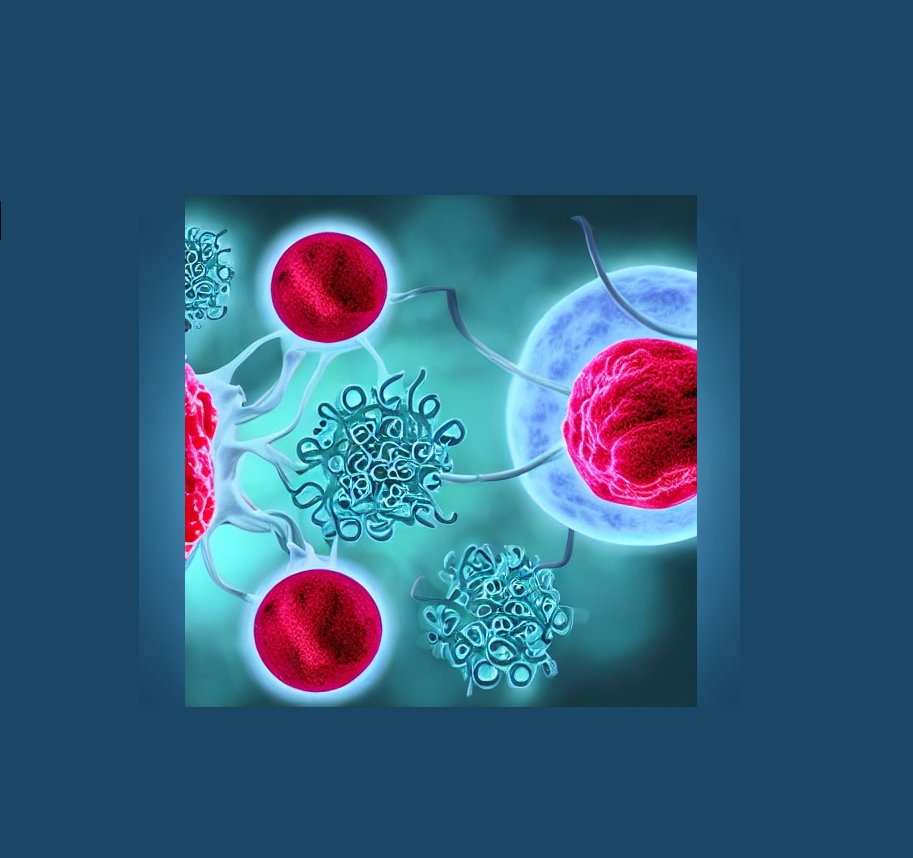Stem cells are undifferentiated cells with the unique ability to develop into various specialized cell types. They are the building blocks of the body, playing a crucial role in development, growth, and tissue repair. There are two main types of stem cells: embryonic stem cells and adult (or somatic) stem cells.
Embryonic Stem Cells (ESCs): These cells are derived from embryos, typically at the blastocyst stage. ESCs have the potential to differentiate into any cell type in the human body. This pluripotency makes them valuable for scientific and medical research. However, the use of embryonic stem cells is ethically controversial because their extraction involves the destruction of embryos.
Adult (Somatic) Stem Cells: These cells are found in various tissues throughout the body and are involved in tissue maintenance, repair, and regeneration. Adult stem cells are multipotent, meaning they can differentiate into a limited range of cell types specific to the tissue in which they are found. For example, hematopoietic stem cells can give rise to various blood cell types.
Stem cells have several unique characteristics:
Self-renewal: Stem cells can divide and produce identical daughter cells, maintaining the stem cell population.
Differentiation: Stem cells can differentiate into specialized cell types with specific functions. This process is regulated by various signals from the surrounding environment.
Plasticity: Some stem cells exhibit plasticity, meaning they can differentiate into cell types outside their tissue of origin. This property holds promise for regenerative medicine.
The field of stem cell research has significant implications for medicine and has led to the development of regenerative therapies. Potential applications include:
Regenerative Medicine: Stem cells can be used to repair or replace damaged tissues and organs. For example, they have the potential to treat conditions like heart disease, diabetes, and spinal cord injuries.
Drug Testing and Development: Stem cells can be used to test new drugs for safety and efficacy. They provide a model system for studying diseases and understanding cellular processes.
Understanding Developmental Processes: Studying stem cells helps researchers understand the complex processes of embryonic development and tissue formation.
While stem cell research holds great promise, it also raises ethical concerns, particularly in the use of embryonic stem cells. However, advances in reprogramming techniques, such as induced pluripotent stem cells (iPSCs), have provided alternatives that do not involve the use of embryos. iPSCs are adult cells that have been reprogrammed to have embryonic stem cell-like properties. This has opened up new possibilities for studying and using stem cells in a more ethically acceptable manner.







